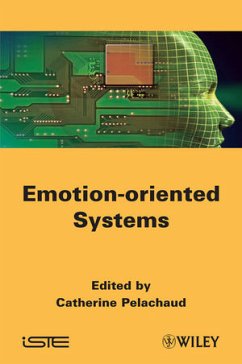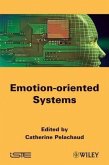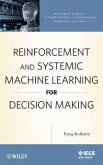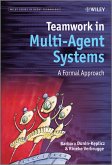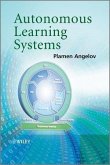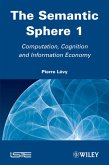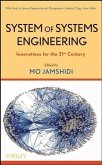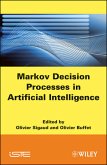The Affective Computing domain, term coined by Rosalind Picard in 1997, gathers several scientific areas such as computer science, cognitive science, psychology, design and art. The humane-machine interaction systems are no longer solely fast and efficient. They aim to offer to users affective experiences: user's affective state is detected and considered within the interaction; the system displays affective state; it can reason about their implication to achieve a task or resolve a problem. In this book, we have chosen to cover various domains of research in emotion-oriented systems. Our aim is also to highlight the importance to base the computational model on theoretical foundations and on natural data.
Dieser Download kann aus rechtlichen Gründen nur mit Rechnungsadresse in A, B, BG, CY, CZ, D, DK, EW, E, FIN, F, GR, HR, H, IRL, I, LT, L, LR, M, NL, PL, P, R, S, SLO, SK ausgeliefert werden.

